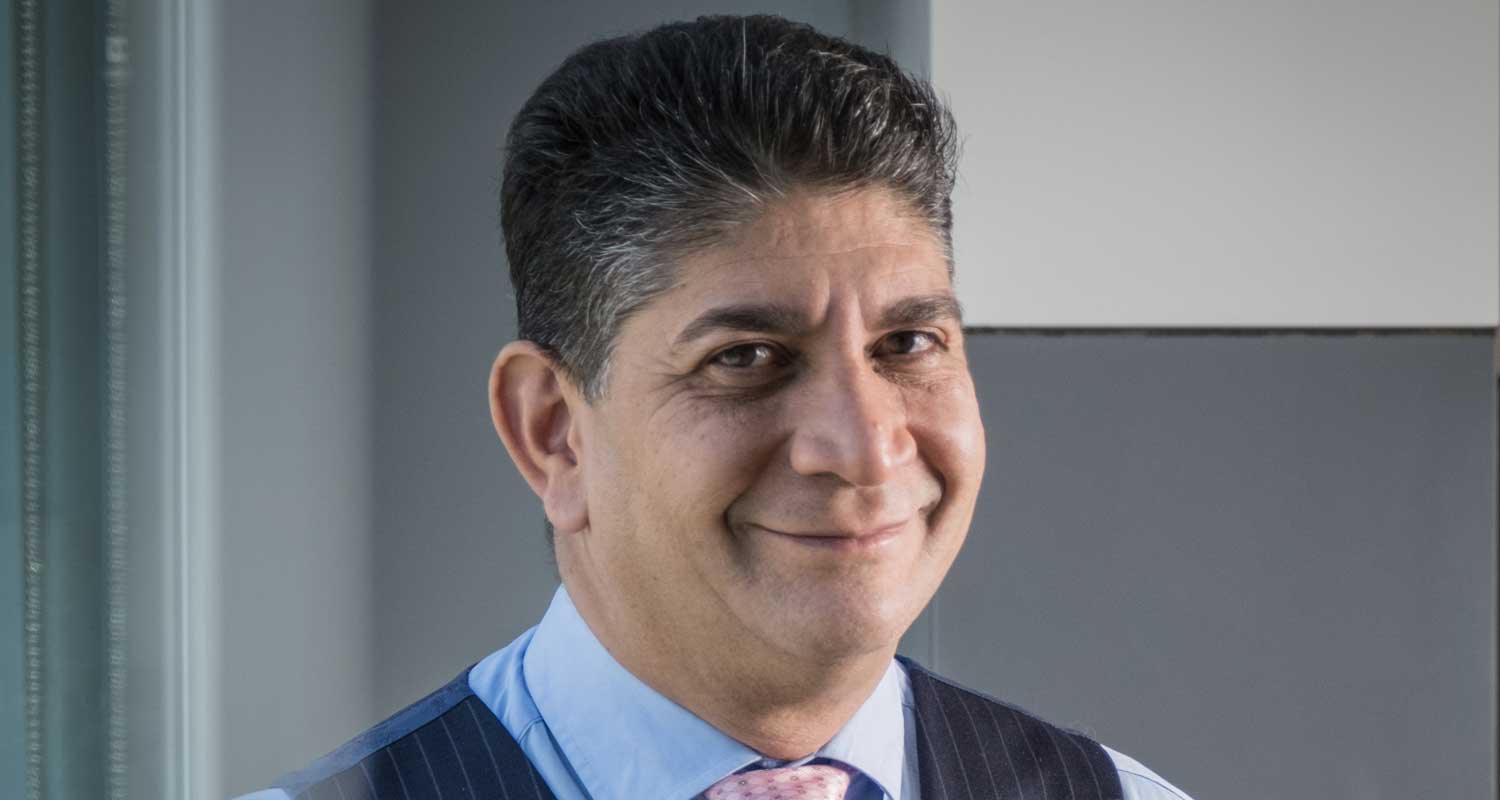 The Competition Tribunal has thrown South Africa’s telecommunications industry into turmoil after it said on Tuesday that it was blocking Vodacom’s acquisition of a co-controlling stake in Vumatel parent Maziv.
The Competition Tribunal has thrown South Africa’s telecommunications industry into turmoil after it said on Tuesday that it was blocking Vodacom’s acquisition of a co-controlling stake in Vumatel parent Maziv.
The deal had been widely expected to get the go-ahead from the tribunal after the merging parties agreed to a range of conditions they believed would have allowed the transaction to proceed.
The move is a devastating blow for Maziv and its shareholders, which had planned to use the proceeds of the Vodacom investment to plough R10-billion into the deployment of fibre networks in underserviced parts of South Africa, including townships.
The deal is not only a huge blow to Maziv, though — it could bring an immediate halt to the industry consolidation that had expected to follow an approval of the transaction, including a possible transaction between MTN South Africa and Telkom’s Openserve.
“The tribunal’s decision to prohibit the proposed merger follows an extensive hearing that took place over 26 days between 20 May to 27 September 2024. The parties also made further written submissions after this, the last of which was received by the tribunal on 16 October 2024,” the tribunal said in a statement. “The tribunal’s reasons for its decision will be issued in due course.”
‘Disappointed’
In an initial statement addressing the news, Maziv said it is “disappointed by the outcome but respects the tribunal’s process. We will await the reasons for the prohibition in order to consider our options and remain committed to driving innovation and economic growth through the power of connectivity.”
Vodacom, meanwhile, said the decision by the tribunal will effectively harm households that have still not been connected to fibre broadband.
“The proposed transaction was designed to assist Maziv in growing its fibre footprint into lower-income areas and would have been highly beneficial for South Africa. During the Competition Tribunal proceedings, which concluded last month, the department of trade, industry & competition described the transaction as having ‘substantial positive public interest effects’,” Vodacom said in a statement.

It said the department’s positive view on the deal was based on the merging parties committing to:
- Investing at least R10-billion over a five-year period, predominantly in low-income areas;
- Passing at least a million new homes in lower-income areas over a five-year period;
- Creating up to 10 000 new jobs;
- Establishing a R300-million enterprise and supplier development fund to prioritise the development of small businesses;
- Providing high-speed internet to over 600 adjacent schools and police stations at no cost; and
- Vodacom investing up to R14-billion into South Africa through the transaction.
“I am deeply surprised and disappointed by the tribunal’s decision. South Africa desperately needs additional significant investment, especially in digital infrastructure in lower-income areas. Our investment of up to R14-billion would have changed millions of lives and created thousands of jobs. This comes after the concerns of our competitors, involved in the competition hearings process, and the department of trade, industry & competition were comprehensively addressed through remedies and commitments by the parties.”
Vodacom said it will await the reasons document but hinted it could lodge an appeal with the competition appeal court.
Severely negative
In August, Africa Analysis MD Dobek Pater warned that any move by the tribunal to uphold the earlier recommendation by the Competition Commission that the deal be blocked would have a severely negative impact on the telecommunications industry.
“As a country, we need large telecoms operators in order to continue building infrastructure where it doesn’t yet exist and to upgrade what is already there,” said Pater.
“If you look at countries similar to South Africa, we need large organisations with the ability to access lots of money and have the economies of scale to remain profitable, while at the same time providing affordable services to consumers,” he said. “The deal would be a positive in that it would create a larger entity able to pool massive resources and take advantage of synergies within the group.”
Read: Commission argues Vodacom, Maziv deal must be blocked
He said the challenge of delivering connectivity to low-income areas has not been solved. “To solve it, you need to throw money at it, and you also need scale to ensure that these services can be provided to these communities sustainably.” — © 2024 NewsCentral Media
Get breaking news from TechCentral on WhatsApp. Sign up here




